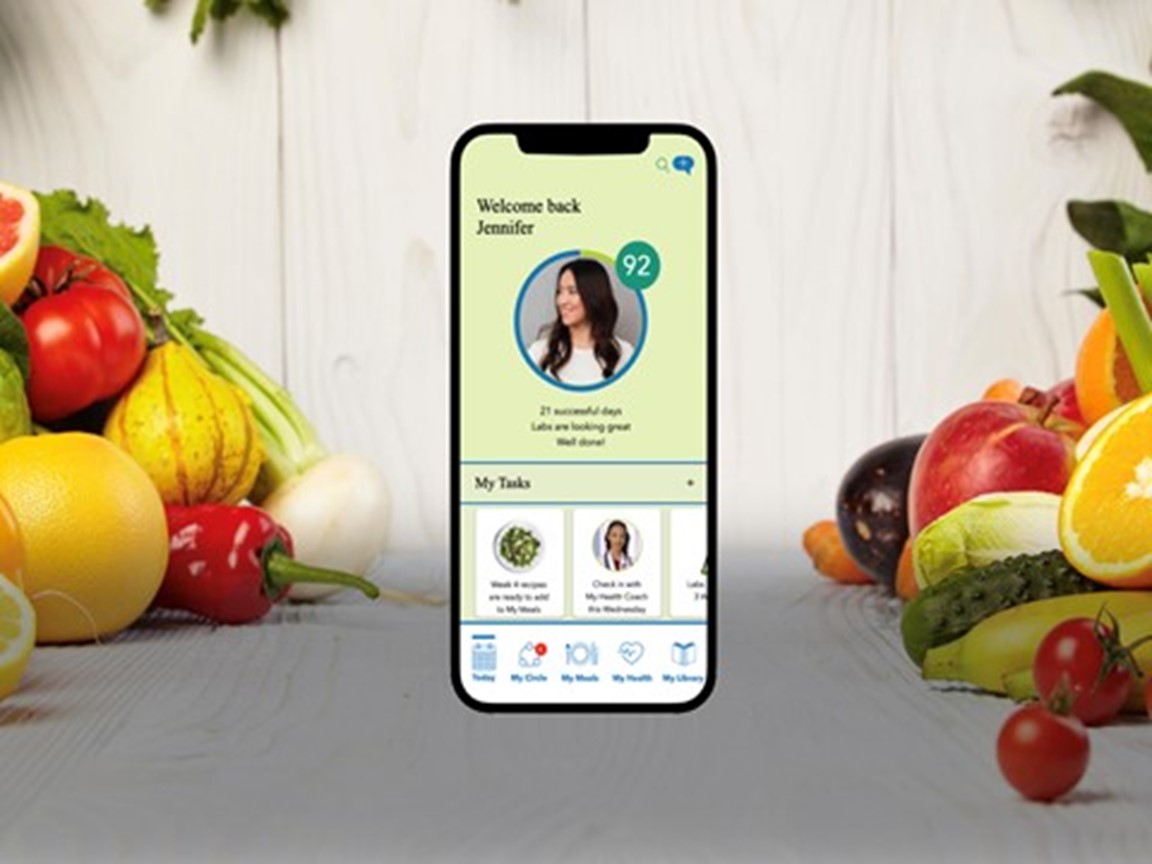Family Stress
It can be hard
As a parent, a lot of responsibility and the concurrent stress falls upon our shoulders. We look at our children and want the best for them. We want them to grow up and experience a life filled with joy and happiness.
When loved ones develop chronic illness, whatever the diagnosis is, we to want to make it better and easier for them. This is especially true with inflammatory bowel disease and using dietary interventions to treat it. As parents, we often shoulder much of the burden in making sure our children do well. We check in with them on a regular basis, we remind them to take their medications or supplements, we help make sure that their friends, families, and healthcare providers understand what is going on with them, we try to make sure they are doing well now and, we continually think about and plan for their future needs.
With the SCD, another large responsibility is thrust upon you: that of making sure your child gets proper nutrition in and outside of your home. This means learning a new way of cooking, shopping, organizing, and thinking. Initially, this can cause stress for your child as well as for you.
It is important to remember that all of these responsibilities and changes will not be easy at first. But stress is not necessarily a bad thing; in fact, in many instances, a little stress is quite a good thing. It brings a particular issue to the forefront and focuses us on getting things done.
But the reverse is also true: too much stress or stress that causes both mental and physical pain is a problem. Trying to get all the information you need in a very short time can be overwhelming. Stress that results in exhaustion, depression, or even anger needs to be avoided. This may sound obvious, but it is important to be proactive in avoiding this stress. We often see this in people without a supportive community, or when loved ones and family don’t realize the amount of time and effort being put into making the SCD a possibility.
Another issue that can increase stress is when so much attention is being focused on just one child, other children in the family can feel neglected.
While no magic bullet exists to solve all of these stressors, there are solutions.
It does get easier
First, realize that stress is absolutely normal. In our initial study, we asked individuals who began the diet what degree of stress they were carrying. Almost everyone was experiencing difficulty with starting the diet, but over time, their stress decreased dramatically. Time and experience gave everyone a better understanding of the diet, and what were initially challenges and hurdles eventually became routine and a daily part of life.
Take a break
Second, give yourself credit for all that you do and remember to give yourself a break. Although parenthood is a 24-hour, 7-day-a-week venture, finding some time for yourself is essential. Relax or exercise (I am very big fan of exercise, as it has been shown to both decrease stress and improve overall health). Or, do whatever you need to do to recharge.
Join the IBD community
Surrounding yourself with a strong support network and community is key to positively handling stress and staying successfully on the SCD. In my practice, I’ve had some families shop and cook for one another and share meal plans, dividing the labor involved in following the SCD. This really helps!
Divide the work
Make sure that the SCD is a family affair. Dividing the tasks between family members can make the work much more manageable. Perhaps the father grocery shops, the mother cooks, and both parents along with their children do meal planning (or divvy up the jobs however it best works in your family).
Involve - and empower - your child
Finally, make sure that your child is slowly but surely integrated into the knowledge and work of the SCD. What does that mean? Over time, you want your child to be able to do everything you are doing so that the diet is sustainable over the long term. To make this happen, they need to understand why they are on the diet, how it works, and the ins and outs of making the diet a success. As time goes on, have them help with the meal planning, shopping, cooking, and food preparation. As children become adults, they need to be prepared for this independence, even with children who don't follow a specialized diet.
In short, stress is a normal part of starting the SCD. Remember to make sure you give yourself and your family kudos for making the SCD work, but just as important—give yourself a break for any bumps that may occur.
The emotional and social aspects of food are intricate, and they require awareness and preparedness when a child’s wellness depends on compliance to a diet. Here are a few key points we wanted to share with fellow SCD parents.
Be prepared for the moment when your teary-eyed child begs your permission for “just this once, I want pizza/ice cream/cupcake like everybody else is having.” On the SCD, every bite counts and there is no allowance for the wrong foods. As parents it is our job to teach techniques for craving control: Never go hungry, self-distract by refocusing on other pleasant activities, or find an SCD food that is similar in texture or flavor to the forbidden food.
Remind yourself and your child that we all face challenges differentiating between what we want NOW and what we want MOST. For example, tell your child: “You want cake NOW, but if you let this craving pass, you will get what you really want MOST, which is a sense of control, freedom from the restrictions of IBD symptoms, and the energy to pursue your dreams.”
Staying focused on this bigger target helps reduce the influence of a momentary craving.
Always keep a variety of SCD treats in your freezer and in your pantry. Teach your child to never leave the house without taking SCD snacks in their bag, pocket, car … this is insurance against both social and emotional food temptation.
Let’s say your child wants to meet friends for pizza and a movie at the mall. He can take a frozen SCD pizza out of the freezer, warm it, and eat it at home before leaving. This way he satisfies his “pizza fix” and he is not as hungry. He can then take with him an SCD muffin and a small plastic baggie with nuts. When his friends order pizza, he can get a bottle of water and sit with everybody, sipping water, munching on his SCD muffin, and enjoying the conversation. Later at the movie, if friends order popcorn, he has the bag of nuts to munch on. With some preplanning the social needs are met, and the diet is kept in full compliance.
“This is SOOO good! I baked it myself! Try just one bite!” Whether it’s a family member or a good friend, at some point a “food pusher” will be unavoidable. We must prepare our child ahead of time and practice at home on how to say “No, thank you!” politely but firmly. Our SCD child should not be apologetic about his diet, but rather feel very proud of it and the highly developed life skills that come with it. An ability to preplan from a young age, a well-developed sense of self-control, and some excellent eating habits—these are all well-earned gifts. Learning how to handle insistent food pushers is an extra bonus, as is practice in handling other challenging characters later on in life.
The right state of mind can also support our SCD child through the challenges he might face with the diet. An inner dialogue that focuses on restrictions and deprivation is not helpful. The quality of our life depends on the quality of our thoughts. When talking and thinking about SCD, we should focus on the sense of empowerment it brings and the wellness it supports.




